Publications
Articles, publications, books, tools and multimedia features from the U.S. Institute of Peace provide the latest news, analysis, research findings, practitioner guides and reports, all related to the conflict zones and issues that are at the center of the Institute’s work to prevent and reduce violent conflict.
Crisis in Lebanon: Is Peacekeeping Possible?
How can the UN ceasefire resolution that called for the cessation of hostilities between Israel and Hezbollah ensure a lasting peace? USIP convened a roundtable of panelists to discuss the criteria for effective peacekeeping in the aftermath of this latest crisis in the Middle East.
Dollars and Diplomacy: Foreign Aid and the Palestinian Question
The worsening crisis in Arab-Israeli relations has brought into sharp focus the question of how foreign aid can be used as an instrument of peacemaking. The fighting in Gaza and Lebanon is creating pressure for major new international relief and reconstruction assistance. But can foreign aid help the parties return to a political process?
Prospects for Mediation of the Lebanon Crisis
As the crisis in Lebanon and Israel worsens, the search for solutions continues. The question looms large: Can there be a successful mediation? Recently, USIP put that question to a group of experts who discussed the key components necessary for moving toward a mediated solution.

Generals in the Cabinet Room
Israel’s foremost analyst of civil-military relations identifies and investigates a dramatic shift of power within Israel’s political system. Where once the military was usually the servant of civilian politicians, today, argues Yoram Peri, generals lead the way when it comes to foreign and defense policymaking.
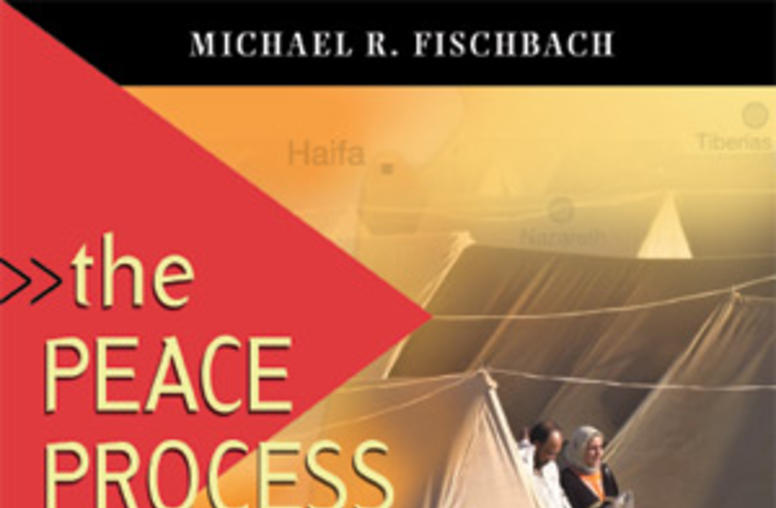
The Peace Process and Palestinian Refugee Claims
The property abandoned by Palestinian refugees in 1948 is an acutely sensitive subject for Palestinians and Israelis alike, and wary negotiators have often steered clear of so impassioned an issue. But the failure to deal with claims for compensation or restitution has ultimately served only to undermine numerous peace endeavors.
A Hamas Government: Isolate or Engage?
What does Hamas' victory in the January Palestinian elections mean for Israeli-Palestinian peacemaking? USIP Guest Scholar Shlomo Brom reviews the advantages and the risks of the two strategies that have crystallized since the election.
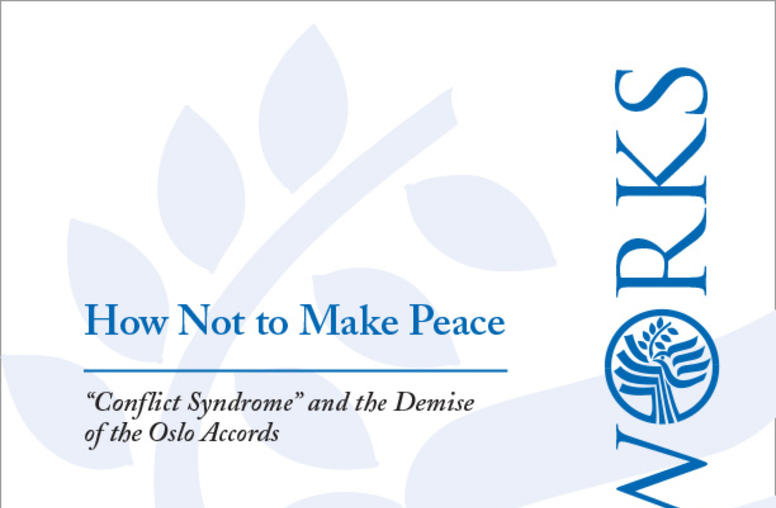
How Not to Make Peace: "Conflict Syndrome" and the Demise of the Oslo Accords
The failure of the Oslo Accords has been attributed to a variety of factors, including deficiencies in the accords themselves, failures of implementation, and the play of domestic politics. These are all critical factors that describe what happened, but they do not explain why each side behaved as it did--that is, why each side made choices that would only increase the likelihood of the accords' failure.
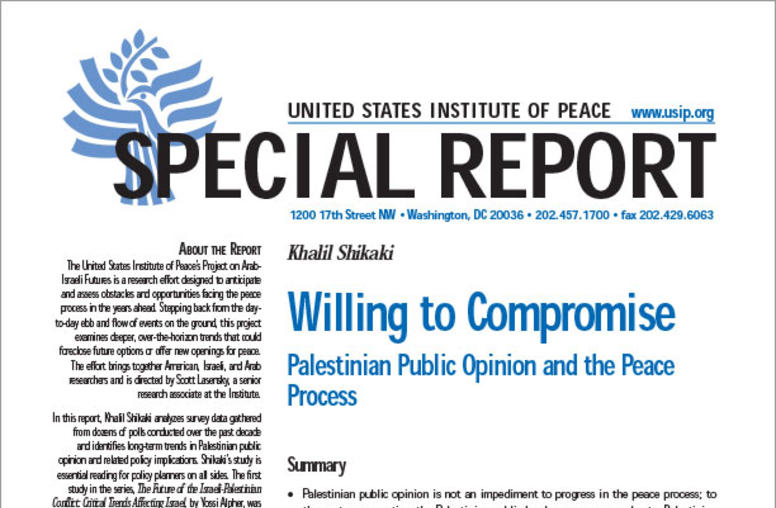
Willing to Compromise: Palestinian Public Opinion and the Peace Process
In this report, Khalil Shikaki analyzes survey data gathered from dozens of polls conducted over the past decade and identifies long-term trends in Palestinian public opinion and related policy implications.
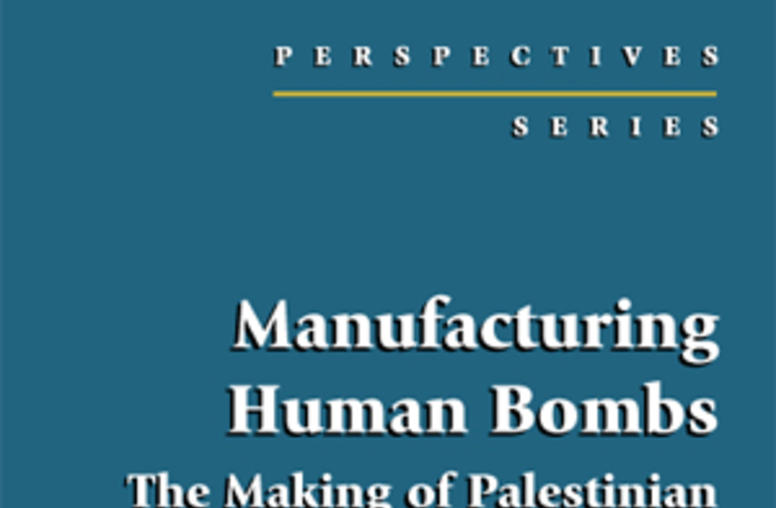
Manufacturing Human Bombs
Suicide bombings have become a terrifyingly familiar feature of contemporary warfare and insurgency. But explanations of such attacks are typically either too narrow or too superficial to enable us to understand—and thus combat—this complex and deadly phenomenon. In this slim but remarkably balanced, informative, and insightful volume, Mohammed Hafez delves beneath the surface as he explores the case of Palestinian suicide bombers during the al-Aqsa intifada that began in 2000.m
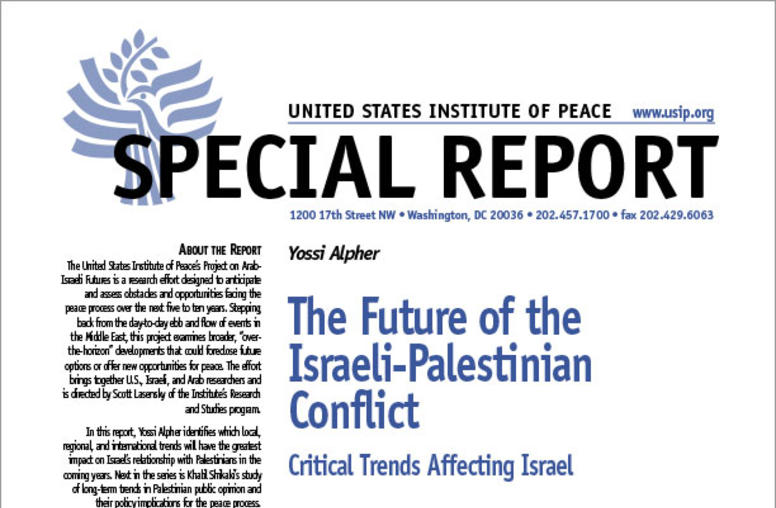
The Future of the Israeli-Palestinian Conflict: Critical Trends Affecting Israel
In this report, Yossi Alpher identifies which local, regional, and international trends will have the greatest impact on Israel's relationship with Palestinians in the coming years. Next in the series is Khalil Shikaki's study of long-term trends in Palestinian public opinion and their policy implications for the peace process.